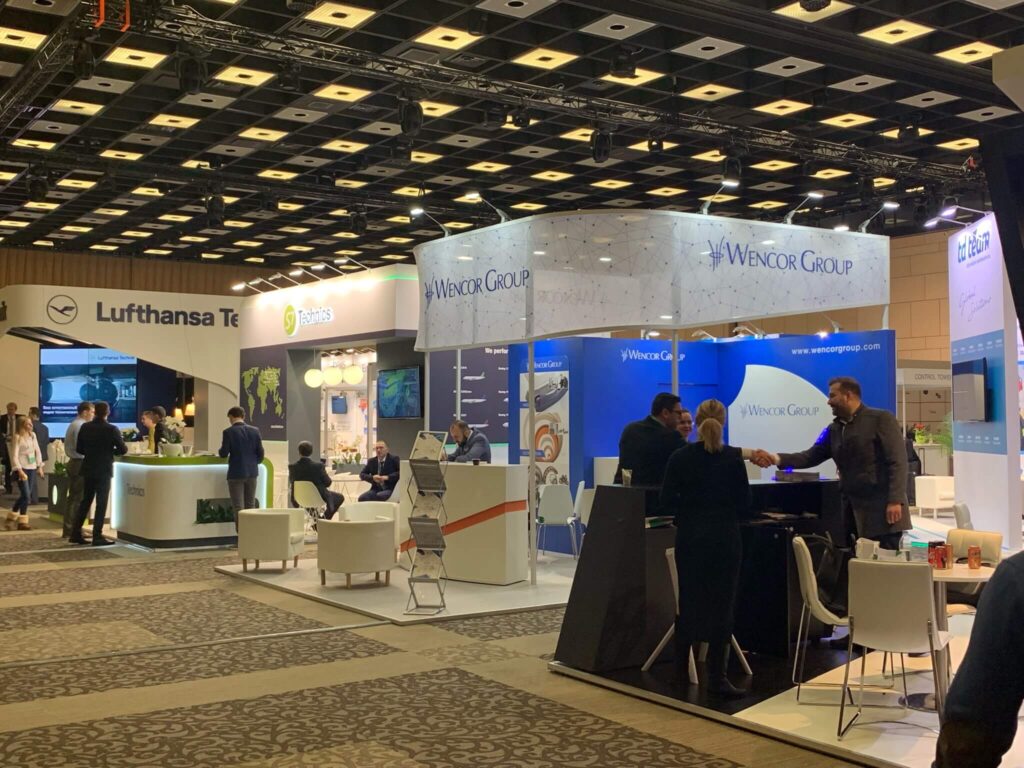Aviation MRO market in Russia and CIS countries is at the crossroads. This year, it has been largely about the external factors – the US sanctions significantly affected the parts delivery, which became one of the biggest challenges for the region.
The 14th annual international trade fair and conference for aviation aftermarket services, MRO Russia & CIS, taking place in Moscow, Russia, on March 5-6, 2019, had a lot of things on agenda this year.
Due to the imposed US sanctions, the delivery of spare parts and composite materials was halted, impacting on the MC-21 twinjet production, in particular. Now a quick solution needs to be found in order meet the deadlines – and the development of a more independent production, including domestic spare parts manufacturing and relevant tech support management could be it.
Other than the foreign policy related issues, the digitization of the sector and Big Data possibilities were the key things to discuss. Big Data will help MRO in the region to reach constant and stable growth, the conference participants claimed. According to the independent expert Pavel Tereshchenkov, the global aircraft aftermarket will reach 4% growth yearly, up until 2023. To achieve maximum efficiency in data optimization and analysis in a state when large amounts of information are generated, Big Data sources will be crucial.
Increasing effectiveness of the troubling Sukhoi Superjet 100 maintenance and repair services also got into the conference spotlight. The Superjet 100 program obviously requires a new complex solution to eliminate existing problems with operating efficiency of the aircraft, and particularly its SaM146 engines. The problem with the engine should be addressed on different levels: ensuring availability of replacement engines, elimination of design and manufacturing defects, and rethinking the cost policy of aircraft maintenance services.
